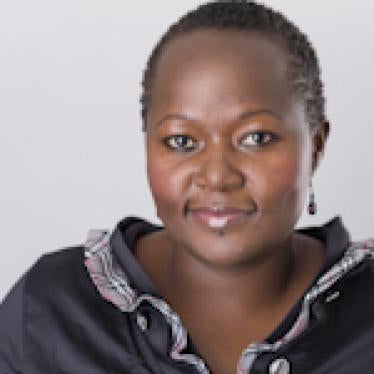As Malawi celebrates the International Day of the Girl today, will President Peter wa Mutharika do what it takes to better the lives of the country’s girls and women?
In his inaugural speech in June, Malawi’s newly elected fifth president set out his vision to rebuild the country both economically and as a progressive democracy. Notably, there was little mention of promoting gender equality in a country that is ranked a dismal 174 out of 187 countries in the 2014 UN Gender Inequality Index.
In Malawi, more women than men are poor. Most women are employed in the country’s important agricultural sector, but they earn only 78 percent of what their male counterparts earn. There are fewer women than men in non-agriculture jobs, and more men than women are literate. The country has high rates of death from childbirth, representing about 16 percent of all deaths of women aged 15-49, according to government data. Violence against women is widespread.
Imbedded in these disparities is Malawi’s shockingly high rate of child marriage – one of the highest globally. One out of two girls in the country will be married by her 18th birthday, according to the United Nations.
During his June “state of the nation address,” President Mutharika said that his “government is committed to gender parity, women empowerment and upholding of women’s rights as a prerequisite to poverty reduction and sustainable development.” However, an analysis of Mutharika’s first 100 days in office by the Center for Human Rights and Rehabilitation – a leading Malawian nongovernmental organization – and the Center for Development of People notes that the government seems to have abandoned the gender equality agenda.
The good news is that Mutharika’s government still has an opportunity to empower women, and promote equality. Importantly, it can take concrete measures to end child marriage, which curtails girls’ education, and makes them more likely to die from childbirth and face violence in their marriages. Just today, a Nobel Peace Prize was awarded to Kailash Satyarthi, a child rights activist from India who has campaigned against child marriage.
Mutharika’s government should enact the Marriage, Divorce and Family Relations Bill, a comprehensive family law proposed in 2006 that would protect against child and forced marriage and make 18 the minimum marriage age. The move would support Malawi’s economic and social development, and it could convince Malawian women that his government is genuinely committed to their equality and empowerment.









